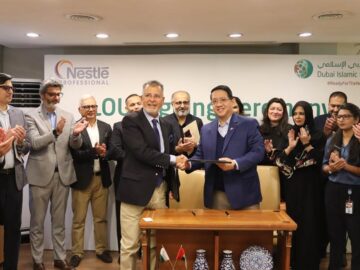
Thunes, a Singapore-based fintech company has announced a collaboration with the World Economic Forum as part of WEF’s initiative for the Future of Trade and Global Economic Interdependence.
As a collaborator of the WEF’s Platform for Shaping the Future of Financial and Monetary Systems, Thunes will engage with the WEF Financial community to provide strategic insights, identify gaps and best practices, and contribute to the development of policies and programmes that will help address financial inclusion and sustainable development.
“As a global payments company, we are deeply connected to the local payment trends and habits, and are happy to see that technology is enabling increased access to financial and payments services to people around the world. However, the infrastructure is patchy and slow to evolve, the inequality in the financial services space is high, and we are far from living in a truly global and inclusive economy. We feel that being at the core of the global discussions, we have an opportunity and responsibility to contribute to the evolution of the Global financial systems and drive significant changes towards a more equitable future for people, businesses and communities. We look forward to working with WEF to help build a more efficient, resilient and inclusive financial system,” said Peter De Caluwe, CEO of Thunes.
Matthew Blake, Head of the Platform for Shaping the Future of Financial and Monetary Systems, Member of the Executive Committee, at the World Economic Forum, said: “We are delighted to be welcoming Thunes into the Forum’s Financial and Monetary Systems Platform, which is working to meet the changing needs of the global population, especially in emerging markets, and to address pressing issues shaping the global financial system. This partnership reflects a broader trend of companies shifting focus from shareholder to stakeholder capitalism, leading to more public-private alliances and multi-stakeholder collaboration. The Forum is excited to grow as a trusted platform that enables such cooperation and supports a more inclusive and resilient financial system.”










